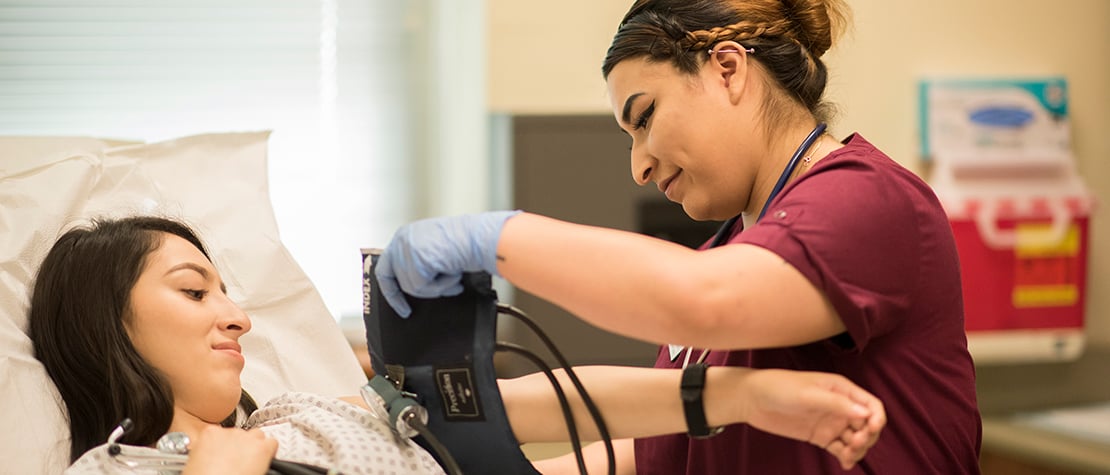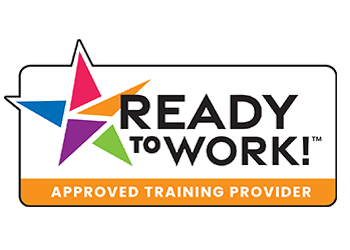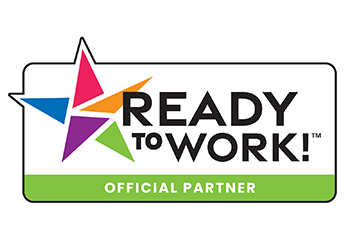
Medical Assisting
Perform administrative and certain clinical duties under the direction of a physician. Administrative duties may include scheduling appointments, maintaining medical records, billing, and coding information for insurance purposes. Clinical duties may include taking and recording vital signs and medical histories, preparing patients for examination, drawing blood, and administering medications as directed by physician.
|
Jobs available locally 7,844 |
Demand Locally +3 % |
Annual Wage Range $31,332 – $44,972 |
Perform secretarial duties using specific knowledge of medical terminology and hospital, clinic, or laboratory procedures. Duties may include scheduling appointments, billing patients, and compiling and recording medical charts, reports, and correspondence.
|
Jobs available locally 5,399 |
Demand Locally +3 % |
Annual Wage Range $31,199 – $47,759 |
Transcribe medical reports recorded by physicians and other healthcare practitioners using various electronic devices, covering office visits, emergency room visits, diagnostic imaging studies, operations, chart reviews, and final summaries. Transcribe dictated reports and translate abbreviations into fully understandable form. Edit as necessary and return reports in either printed or electronic form for review and signature, or correction.
|
Jobs available locally 962 |
Demand Locally -1 % |
Annual Wage Range $20,727 – $44,023 |
Program Level:
Degrees, Certificates
Department:
Allied Health and Kinesiology
Institute:
Health & Biosciences
College:
SAC
 |
 |
One or more of these programs are approved Ready to Work programs. Find out if you’re eligible to receive free tuition and job placement services that will enable you to secure an in-demand career. |
What is the Medical Assisting program?This program prepares you for a career in the healthcare profession, assisting physicians in caring for patients. You’ll get hands-on training and experience in both patient care and administrative duties. You’ll also be prepared to test for the certifications you need to work as a medical assistant. What will I learn?You will learn the administrative tasks and clinical procedures that a medical assistant performs, including EKGs, urinalysis, phlebotomy, injections, assisting with minor surgery, casting, wound care, eye/ear irrigation, urinary catheterization, vital signs, pulmonary functions tests and more. You’ll also be prepared to assist with scheduling, bookkeeping, maintaining medical records and medical insurance claims, as well as computerized office management systems for scheduling, billing, collections and electronic medical records. What can I do with this course of study?SAC offers either an associate degree or a certificate (which includes the same medical assisting courses as the degree program without the additional general education courses). With both, you’ll be prepared for jobs as a medical assistant in a variety of health care settings, including physician offices, acute care facilities, ambulatory surgery centers, hospital outpatient clinics, insurance companies, home health care agencies and medical practice manager positions. This is a high-demand occupation with a median salary of $36,260 in the San Antonio area. |
What's special about the program?SAC offers an affordable path into the healthcare profession, with personalized instruction and a state-of-the-art facility that gives you the practice and training you need to enter the workforce. SAC’s medical assisting program is a leader in the industry: our program is the only accredited program in our areas and surrounding counties, the Medical Assisting program has been accredited since 1997. *Verified by the Medical Assisting Education Review Board. |
Contact Us
|
Mary Mena, BAAS, MSIS |
Luis Vegamaldonado, MHA, REEGT, RPSGT, RMA, EMT |
Robert Inman, MSN, RN |